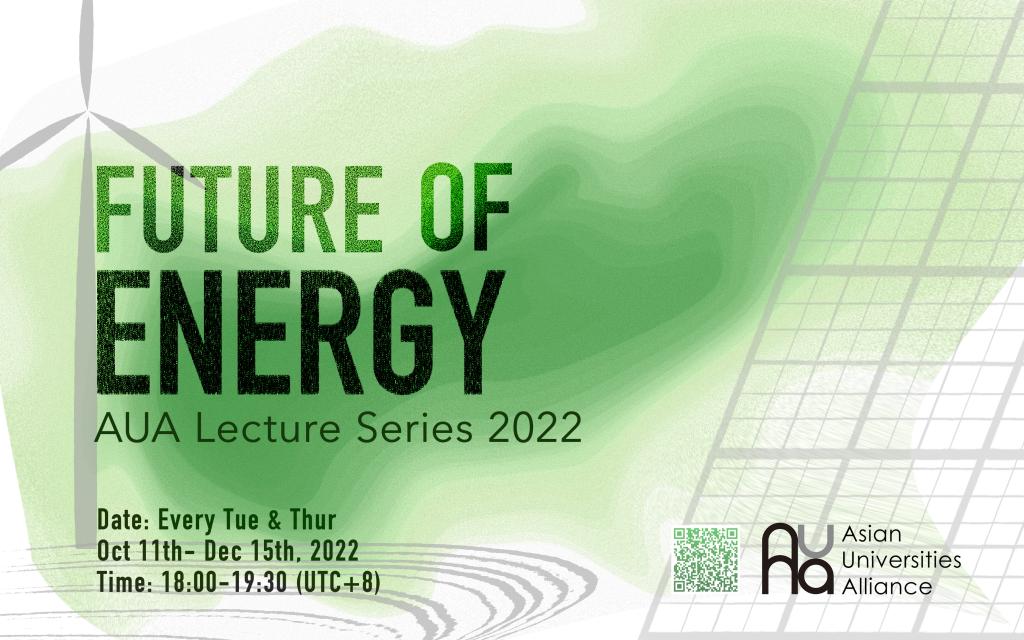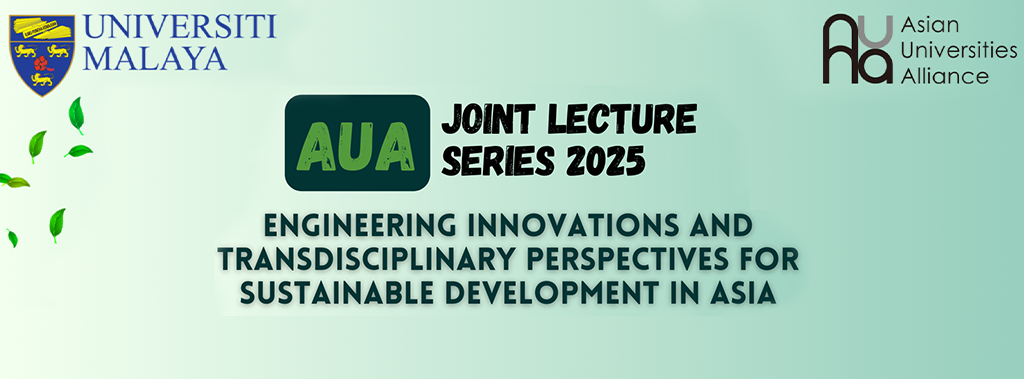
Theme: Energy Efficiency in Built Environment-The Case of UAE.
Professor:
Dr. Ahmed Hassan Noor Muhammad, Department of Architectural Engineering, United Arab Emirates University
Date: 18 October 2022 (Tuesday)
Time: 18:00-19:30 (UTC+8)
Live-streaming Link: https://live.eeo.cn/pc.html?lessonKey=84a6f9e4c365ff16
Main Points:
1. UAE Climate
2. UAE Built Environment
3. Energy Efficiency in Building
4. Energy Sustainability Goals
5. Energy Efficiency Codes
Summary:
At the beginning of the lecture “Energy Efficiency in Built Environment-The Case of UAE”, Dr. Ahmed Hassan Noor Muhammad introduced the climate condition of UAE. Considering the high temperature, high daily radiation, clear sky, and current built environment, Dr. Ahmed Hassan stated the idea of 3R (Reduce, Reuse, Recycle/Renew) as the main aspect of increasing energy efficiency.
In the second part of the lecture, Dr. Ahmed Hassan emphasized the idea of “Reducing” in the built environment by introducing 3 designing methods: pitched and flat roofs, stack ventilation, and radiative cooling. He also pointed out that due to the occupancy patterns and difference in ten between day and night, the thermal mass could have an important row in absorbing and releasing energy at different times of the day. Therefore, the use of specific materials such as reflective surfaces, and insulations for buildings with different functions and occupancy periods can help with getting a lower energy usage. Other techniques like occupancy and daylight sensing are also practical to save energy.
In the third section, Dr. Ahmed Hassan further discussed energy efficiency techniques. In terms of “Reusing” energy, he focused on the Variable Air Volume System (VAV) and Variable Refrigerant Flow System (VRF). These systems will reuse available energy to meet the high cooling demand with better energy efficiency for a heavily cooling-dependent country like UAE.
Lastly, for the concepts such as “Recycle/Renew”, Dr. Ahmed Hassan discussed the energy recovery systems and the adaptation of active systems like solar photovoltaics, solar thermal, night ventilation, absorption cooling, geothermal cooling, and evaporative cooling in UAE. He also mentioned that these techniques and systems are currently in use to reach sustainable development goals, aiming for renewable energy and clean energy will hit 44% by the year 2050.
(The summary is written by student assistant Lee Tzi Yuan.)
*The views and opinions expressed in this lecture series are those of the guest lecturers. They do not purport to reflect the opinions or views of the AUA or its members or its Secretariat.

